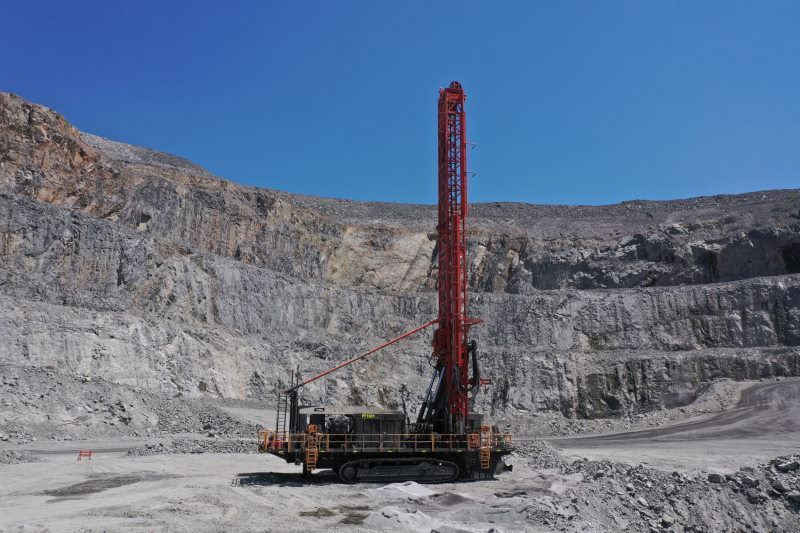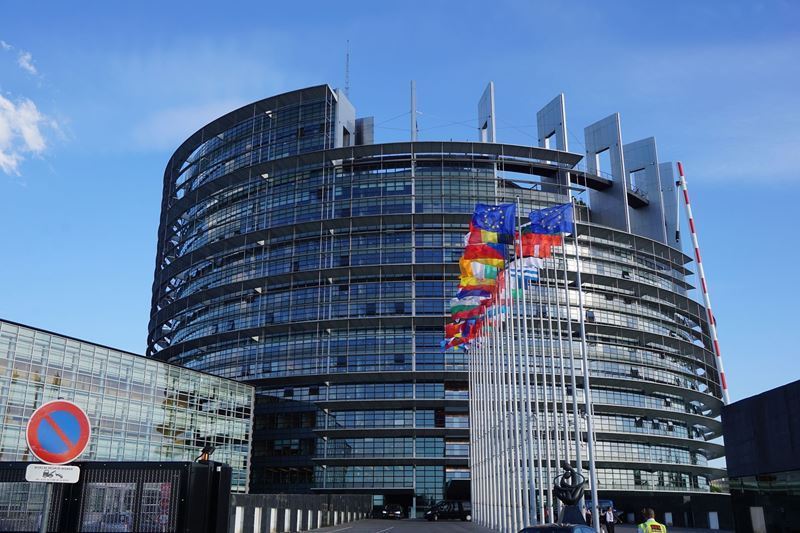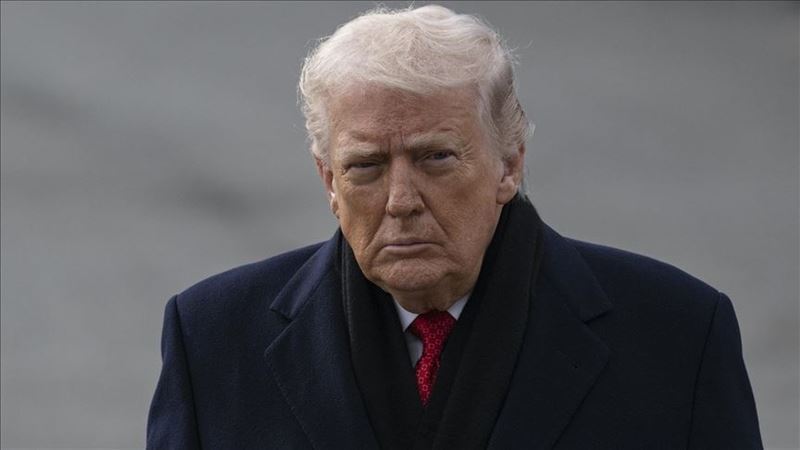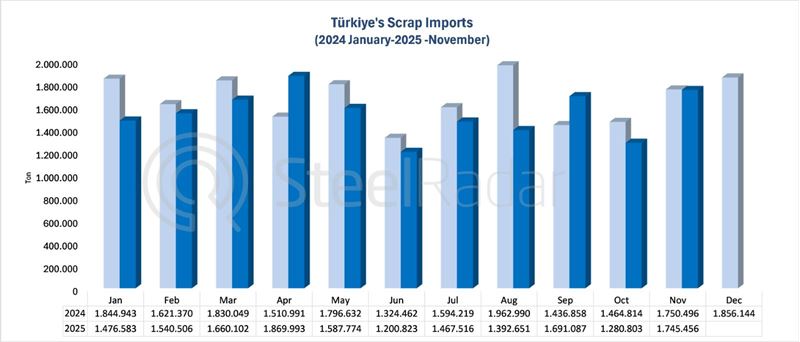Price Fluctuations Continue in the Middle East Long Steel Market
The Middle East long steel market has been experiencing notable price fluctuations in recent weeks. Prices of rebar as well as products such as profiles, billets, and angles are being shaped by a combination of geopolitical developments, domestic demand dynamics, energy costs, and import pressure.
Only premium +plus subscribers can access this content.
SUBSCRIBE now to share your thoughts on the markets and get more comments.









Comments
No comment yet.